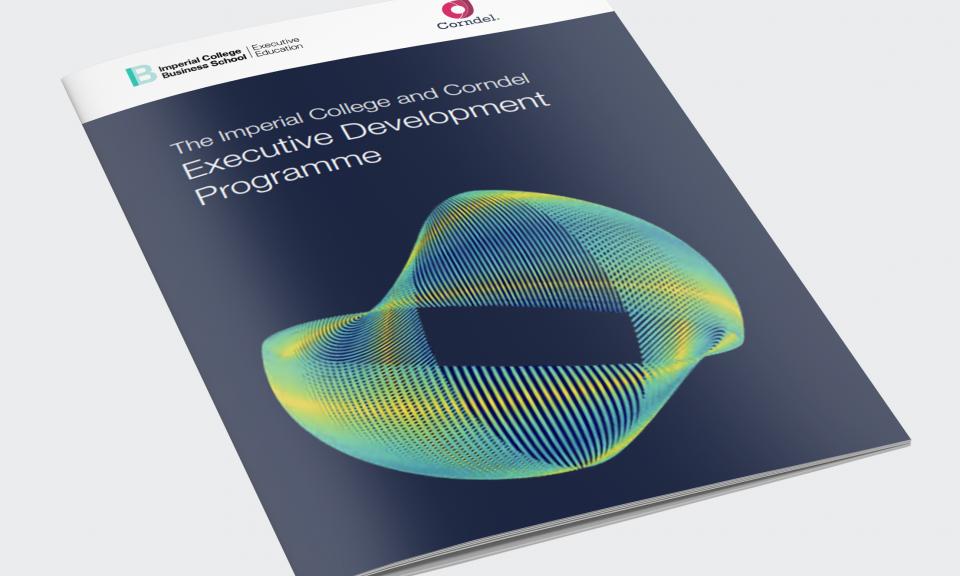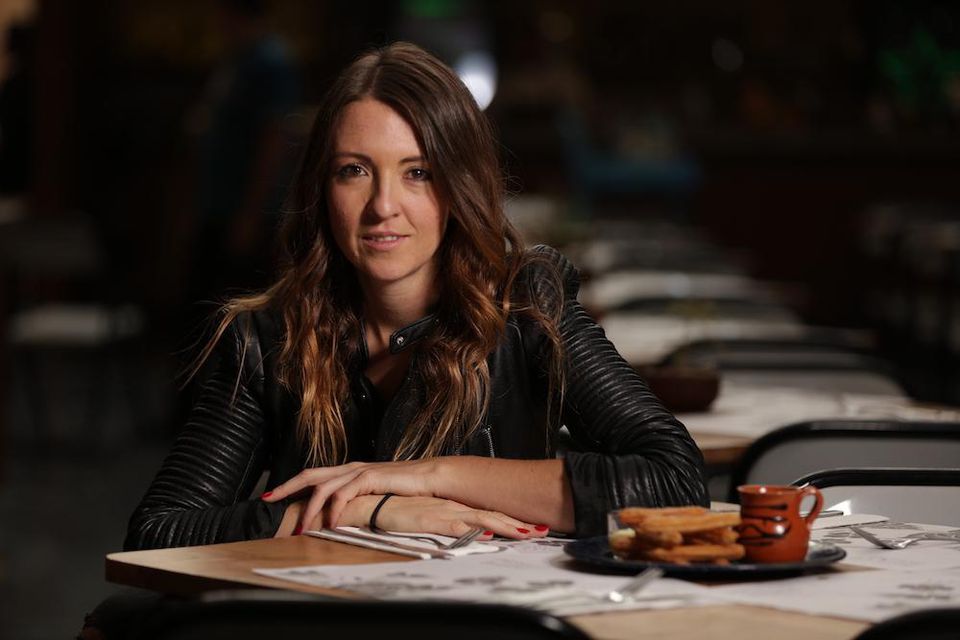
There was an air of optimism among about 100 local and state education, business and community leaders at The Marshall University Foundation Hall Thursday.
The goals of those in attendance simply were to listen and be heard during The Education Alliance’s EDTalks: Connecting Education, Jobs and Our Future event, where Interim Marshall President Gary White and West Virginia Superintendent of Schools Dr. Michael Martirano shared their perspectives about how to provide more educational opportunities for students in the Mountain State.
It was the fourth in the EDTalks series, which began in 2014, said Dr. Amelia Courts, president and CEO of the Education Alliance.
As the title suggests, EDTalks were inspired by the TED Talks, the popular lecture series that features presenters from all walks of life and professional fields sharing their best ideas in short web-friendly presentations.
“TED Talks are really an innovative speaker series that create a lot of excitement and discussion both virtually and face-to-face,” Courts said. “The Education Alliance decided to take some of that buzz and attention and focus it on education.”
In addition to its speakers, guests at the EDTalk included former Gov. Gaston Caperton, Huntington Mayor Steve Williams and Cabell County Schools Superintendent Bill Smith.
During Thursday’s EDTalk, Martirano talked about how he came to learn that students may not know what opportunities are afforded to them.
Martirano shared a personal story about when he began taking undergraduate courses at the University of Maryland in the late 1970s.
When he first came to campus, he said he didn’t understand why some of his peers were majoring in engineering because where he’d grown up, engineers simply were the people who drove trains.
That experience, he said, put his goals for West Virginia into perspective.
“I tell you that with a level of humility and embarrassment to say I never want any of our young people to be denied possibility and the opportunities that exist to them based upon the fact of their ZIP code, where they live or their experiences,” he said. “I’ve carried that experience with me throughout my adult career, and it’s been recently I’ve been able to tell that story to make a difference to ensure that never happens to any of our children.”
White talked about the changing landscape of higher education and how Marshall officials have worked to adapt.
Specifically, he highlighted funding for public higher education and what effect it has on students, a matter he has been passionate about since taking the helm of the university in December and one that he carried on from his successor, the late Dr. Stephen Kopp.
Marshall has lost more than $11 million in state appropriations since 2012, and other universities throughout the state and country had experienced similar cuts in support.
White said his focus was on accountability for university officials’ actions and affordability for students, a matter he said could be summed up in a conversation he had with an athletic coach at the university.
“They said athletics succeed because we keep score,” White said. “In higher education, we have to keep score. We have to have objective reasonable benchmarks for each of our programs, and we have to evaluate those as time goes on so we can make good, strategic decisions.”
White also said it is up to university officials to ensure students have as few barriers as possible in accessing higher education.
“We have to remove the barriers that exist to enter into this new world of education,” White said. “The students of today are not what any of us at our ages would consider traditional students. These are students who are working, who have families, who have other obligations and need that flexibility, and we have to do that.”
Financial barriers to higher education also were a priority for White, who announced an initiative through the Marshall University Foundation to provide students the means to stay at the university once they’ve started.
“We have to remove the financial barriers,” he said. “… It’s not just about providing scholarships to get students here to Marshall to help them be able to afford to come to Marshall, but it’s also about retention. We believe we lose a number of our students along the way because they hit a financial barrier, and we’re not even aware of it. If we are aware of it, we’re not currently organized and funded in that regard, so we can help eliminate those financial barriers and road blocks. We have a new initiative from the foundation that will give us the funds we need to do that.”
Martirano also talked about his goal to improve the high school graduation rate in West Virginia and provide those graduates with seven essential skills: Digital experience, collaboration among their peers, entrepreneurialism, accessing and analyzing information, curiosity and imagination, critical thinking, agility and adaptability, and oral and written communication.
“Now more than ever we need to take care of our 280,000 young people who are counting on us to do the very best by them to ensure a quality education that is aligned to advance them through, so they see themselves in the future graduating college and career ready,” Martirano said. “That means partnerships with every parent to ensure their child is in school. That means working with our business leaders, community leaders, churches, faith-based groups, our industry We’ve got to have partnerships of support to ensure our young people are fed.
“The fierce urgency of now is more critical than ever because if we’re talking about the economic development of our state, we need to start with education because the more educated our populace is, the best thing we can give our young people is, when they graduate from high school college and career ready, the better off our state will be.”
The event was sponsored by Appalachian Power; the Robert C. Byrd Institute; Greeene, Ketchum, Bailey, Farrell & Tweel; and Toyota Motor Manufacturing of West Virginia.
[“source-herald-dispatch.com”]














